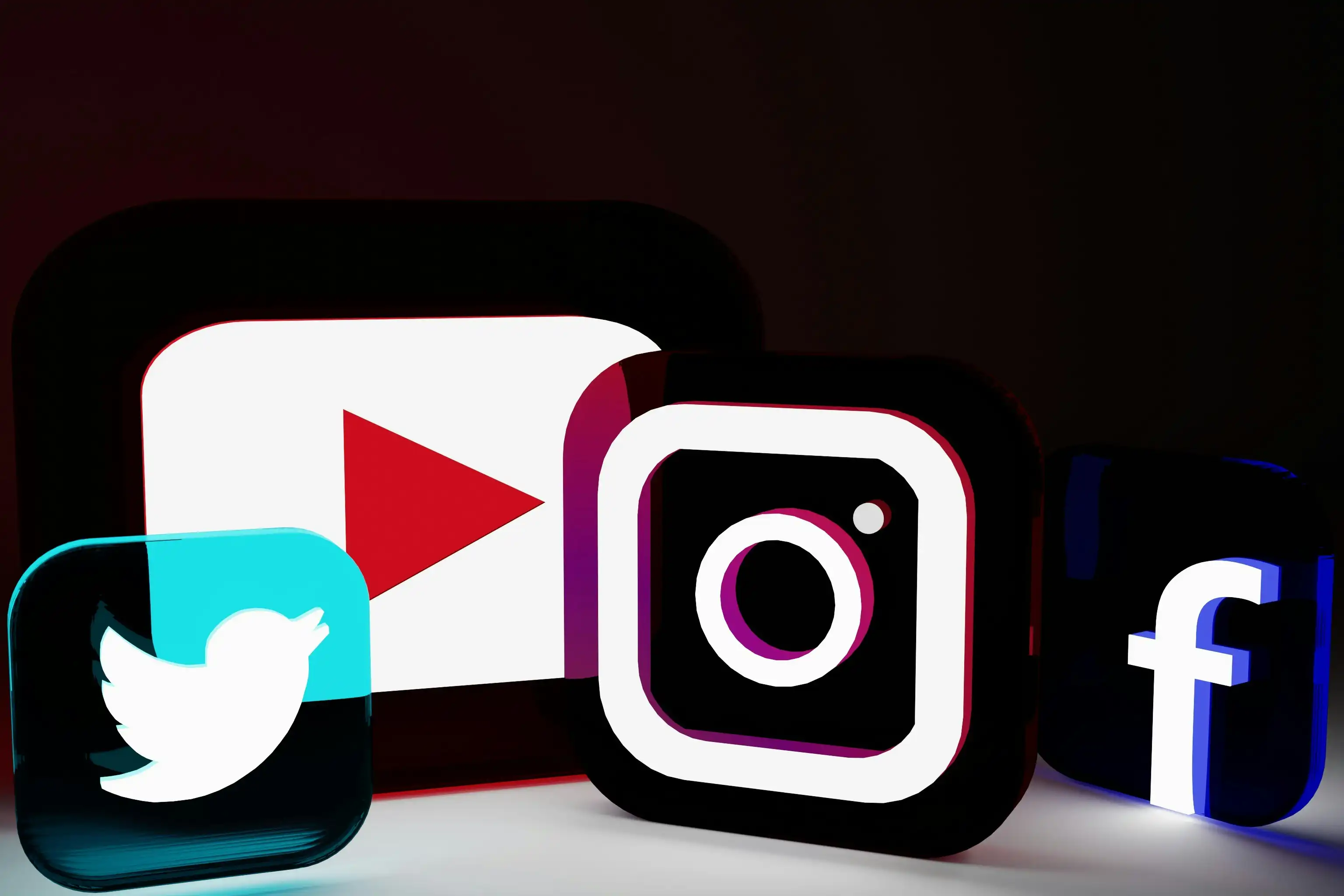Influencer marketing has evolved from a trendy tactic into a core component of modern brand campaigns. By partnering with influencers, agencies can help clients reach highly engaged audiences, build trust, and drive conversions.
In 2025, understanding how to strategically use influencer marketing is essential for any digital marketing agency.
1. Why Influencer Marketing Works
Influencers have built trust and credibility with their followers. When they endorse a product or service, their audience is more likely to pay attention and take action.
Key Insight: Influencer marketing works best when the partnership feels authentic, aligning with the influencer’s niche and audience interests.
2. Choosing the Right Influencers
Not all influencers are created equal. Agencies should consider:
- Audience demographics: Does it match the client’s target market?
- Engagement rates: Likes and comments often matter more than follower count.
- Content quality: Is their content aligned with the brand’s style and values?
Pro Tip: Micro-influencers (10k–100k followers) often provide higher engagement and more targeted reach than mega-influencers.
3. Defining Campaign Goals
Clear objectives are critical for measuring success. Common goals include:
- Brand awareness and reach
- Website traffic or app installs
- Lead generation or direct sales
- Social engagement and community growth
Strategy: Align influencer campaigns with specific KPIs to ensure measurable results.
4. Creating Authentic Partnerships
Audiences can spot inauthentic promotions. Work with influencers to:
- Allow creative freedom in content creation
- Incorporate the product naturally into their lifestyle
- Share genuine reviews or experiences
Actionable Tip: Authentic partnerships drive trust and long-term engagement.
5. Measuring ROI
Tracking influencer campaigns is crucial for agencies. Metrics to monitor include:
- Impressions and reach
- Engagement (likes, comments, shares)
- Website clicks and conversions
- Revenue generated from affiliate links or discount codes
Tools: Platforms like Upfluence, AspireIQ, and HypeAuditor can help measure campaign performance effectively.
6. Emerging Trends in Influencer Marketing
2025 trends agencies should watch:
- Short-form video collaborations on TikTok and Instagram Reels
- Live commerce events with influencers
- Niche-focused campaigns with micro and nano influencers
- AI-assisted influencer discovery for better targeting
Final Thoughts
Influencer marketing is more than endorsements—it’s about building authentic connections between brands and their audiences. For agencies, leveraging influencers strategically can boost reach, engagement, and conversions while creating compelling storytelling opportunities.
By selecting the right influencers, defining clear goals, and measuring results, agencies can maximize ROI and deliver impactful campaigns that resonate in the modern digital landscape.
.webp)



